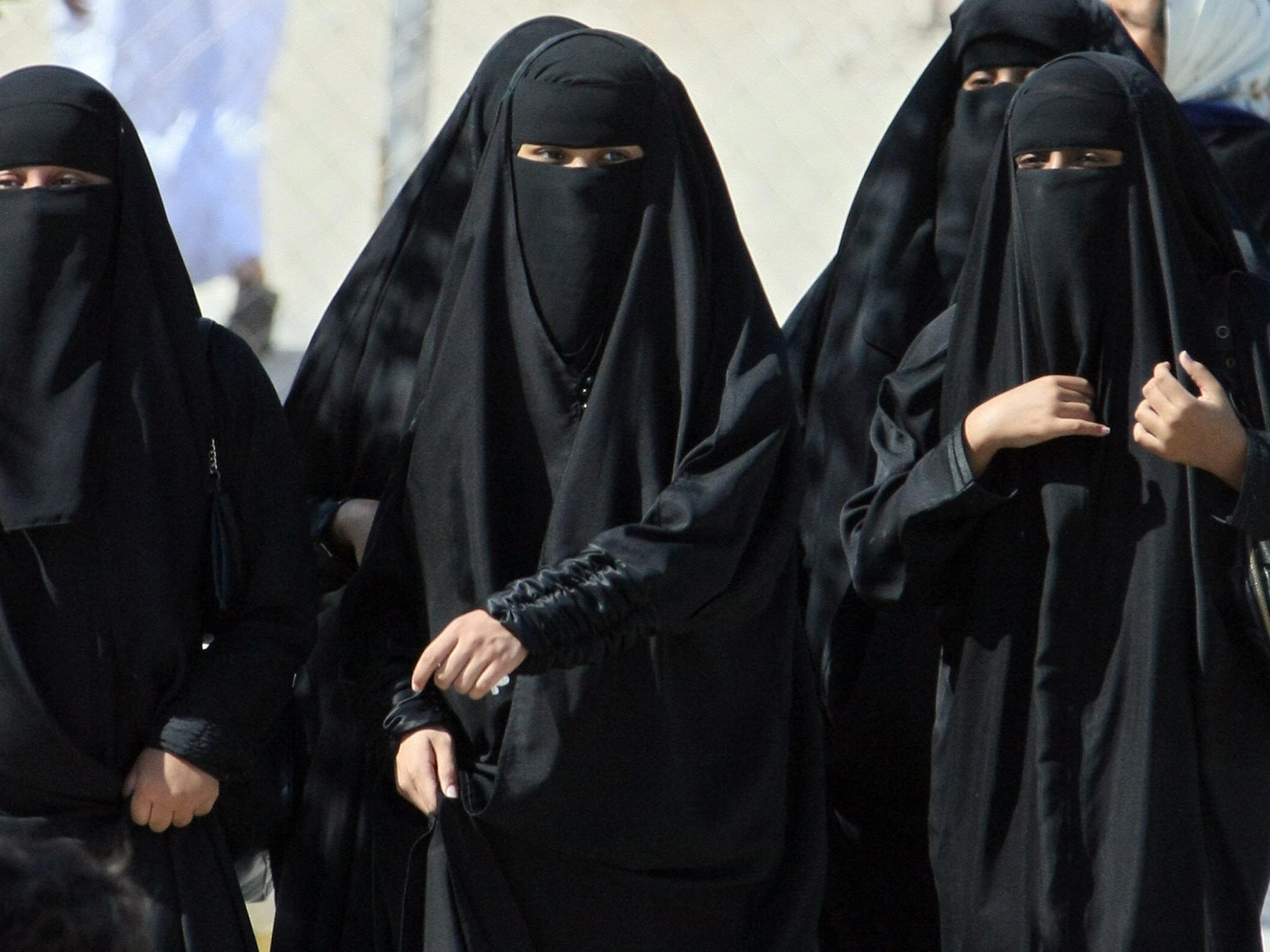
In Islam, the role of women is a topic that has been widely discussed and debated. It is important to approach this subject with an objective and respectful perspective, understanding the diversity of beliefs and practices within the Islamic faith. This article aims to explore the role of women in Islam, focusing on the question of whether can women work in Islam.
Yes, women can work in Islam. Islam does not prohibit women from engaging in lawful professions or participating in the workforce. In fact, throughout Islamic history, women have made significant contributions in various fields, including education, healthcare, business, and public service.
Islam recognizes the importance of fulfilling one’s responsibilities and contributing to society, and this applies to both men and women. The Quran and the teachings of Prophet Muhammad (peace be upon him) emphasize the value of work, productivity, and using one’s skills and talents for the betterment of oneself and the community.
Understanding Islamic Principles
Islam is a religion that emphasizes the equality and dignity of all individuals, regardless of gender. The Quran, the holy book of Islam, teaches that men and women are equal in the sight of God. However, it is important to note that equality does not mean sameness. Islam recognizes the inherent differences between men and women and assigns them different roles and responsibilities.
Women in the Quran
The Quran guides various aspects of life, including the role of women. It encourages women to seek knowledge, engage in charitable acts, and contribute to society. The Quran also highlights the importance of modesty and emphasizes the need for both men and women to dress modestly.
Women in the Workforce
Contrary to popular misconceptions, Islam does not prohibit women from working. In fact, throughout history, Muslim women have played significant roles in various fields, including education, healthcare, business, and politics. The Quran encourages both men and women to utilize their skills and talents for the betterment of society.
Islamic Principles in the Workplace
While women are allowed to work in Islam, certain principles guide their participation in the workforce. These principles include maintaining modesty, observing ethical conduct, and ensuring a balance between work and family responsibilities. Islam promotes a harmonious and balanced approach to life, where individuals are encouraged to fulfill their religious, familial, and societal obligations.
Supportive Family Structures
In Islam, the family is considered the cornerstone of society. The roles and responsibilities of men and women within the family are complementary, with each having specific duties. While men are generally responsible for providing for the family, women are entrusted with the important role of nurturing and raising children. However, this does not mean that women are confined to the domestic sphere. Islam recognizes the value of women’s contributions to society and encourages them to pursue education and careers while fulfilling their familial duties.
Conclusion
The role of women in Islam is multifaceted and encompasses various aspects of life. Islam promotes the equality and dignity of women while recognizing their unique roles and responsibilities. Women are encouraged to seek knowledge, contribute to society, and pursue careers while upholding Islamic principles. The question of whether women can work in Islam is answered affirmatively, with the understanding that their participation in the workforce should be guided by Islamic values and principles.
